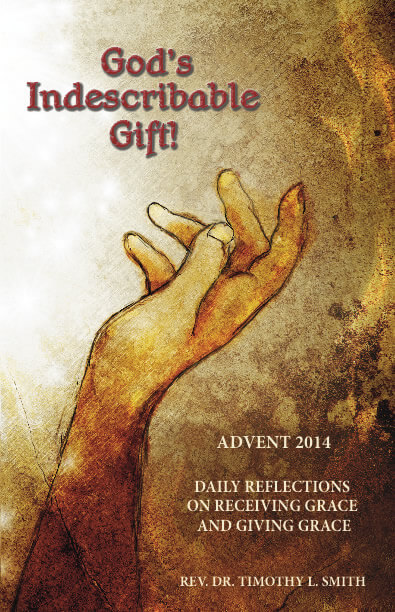
II Corinthians 8:9-12
In his book, What’s So Amazing About Grace?, Philip Yancey says that when he asks people “What is a Christian?”, they seldom respond with words like love, compassion, and grace. Rather, they usually describe Christians as people who are “anti-something”. Yancey notes that Jesus was not known for what He was against, but what He was for. People knew Jesus for serving the poor, feeding the hungry, and giving water to the thirsty. Yancey says that he began to “see grace as one of the great, often untapped, powers of the universe that God has asked us to set loose.”
The apostle Paul sees “the grace of our Lord Jesus Christ” set loose in the lives of the Macedonian Christians. He tells how in “their extreme poverty” God’s grace “overflowed in a wealth of generosity” (II Corinthians 8:2). Clearly, the world saw them not as “anti-something” Christians, but people who followed Jesus’ example of what it means to give. The Macedonians understood that they had received grace, and passed on that grace to others in gratitude for God’s unconditional goodness. The apostle Paul interprets their giving as an overflow of God’s grace through them: “the grace of God that has been granted to the churches of Macedonia” (II Corinthians 8:1). God’s grace made them wealthy in generosity when they had little else.
Sadly, this was not the case for the Corinthian Christians to whom Paul writes this letter. The Corinthians were a bit like the Grinch whose “heart was two sizes too small”. Earlier in the letter Paul pleaded with the Corinthians: “open wide your hearts” (II Corinthians 6:12). Or, as The Message translates the verse: “The smallness you feel comes from within you. Your lives aren’t small, but you’re living them in a small way.”
The smallness of the Corinthian Christians is that, although they were relatively prosperous, they struggled with big-hearted generosity. Today’s Scripture text notes that a year has passed since they promised to give to the poor in Jerusalem. Their intention was good, but they put it off again and again. Now Paul tells them “finish doing it.” It’s time! They are clutching to their affluence while brothers and sisters are hungry. They are hesitant to trust God to meet their needs as they meet the needs of others. In reality they don’t know how to receive!
The apostle reminds them and us, that any gift “is acceptable according to what one has – not according to what one does not have.” That is, give what you are able to give, and not what you can’t. God does not expect us to give what we do not have. Don’t let wishing you could give more keep you from giving what you can.
Twice Paul speaks of “eagerness”: the readiness and enthusiasm to give. This is what makes any gift “acceptable” to God. It’s the kind of giving God delights in. God doesn’t look at the size of the gift but the size of the heart that gives.
REFLECTION
- How do you sense God’s grace stirring excitement and “eagerness” in you to give in a specific way?
- Paul says that a gift “is acceptable according to what one has – not according to what one does not have.” What do you hear the Spirit saying to you in those words?



